Women experience numerous physical changes during their pregnancy. It is not uncommon for pregnant women to suffer from the accompanying symptoms such as fatigue, back pain or heartburn. This also includes the so-called Water retention during pregnancy, also known as "edema". As a rule, they do not pose a threat, but they can be uncomfortable.
Not uncommon: pregnancy & swollen legs
Pregnant women feel heavy and "plump" when the weather is particularly warm or the woman has already reached the end of her pregnancy. The belly is big and breathing is much more difficult than usual. And as if all of that weren't enough, there are also edema. Water retention during pregnancy are unfortunately not uncommon. Even if the edema poses no real danger, the women feel uncomfortable.
The legs can be really swollen and tense. The rings on the fingers are getting tighter, the shoes no longer fit so well and wearing the clothes is perceived as uncomfortable. Even if it will not satisfy the pregnant woman, water retention in the legs (or in the arms) is not uncommon and is part of pregnancy - just like nausea, malaise or back pain.
Why does water retention occur during pregnancy?
80 percent of pregnant women suffer from water retention. So far, however, the reason why pregnant women suffer from water retention has not yet been fully clarified. Science is still puzzled in this regard. Sometimes there is a connection to progesterone. Progesterone is a hormone that is increasingly produced and released during pregnancy.
Progesterone is also known to loosen up tissues. If the tissue is loose, water can escape from the bloodstream and lodge in the tissue. A possible lack of salt or a lack of protein can also contribute to the formation of water retention. This is because protein and salt binds the water; If the body is not supplied with enough protein or salt, the water cannot be bound.
Above all, water retention occurs in the extremities. This includes the legs and also the arms. However, other regions can also be affected. For example, many pregnant women suffer from water retention on their faces. The symptoms mainly occur in the evening. Long periods of standing and warm weather also promote water retention. However, depending on the child's position, the edema can also only occur on one side of the body.
What you can do about harmless water retention
There are tips and tricks that can be implemented during pregnancy to reduce water retention. It is important that the pregnant woman drink plenty of fluids. On the one hand this may sound counterproductive, but on the other hand it activates the metabolism. Two to three liters of water per day are advisable.
Vegetables and fruits also help the body to flush out any deposits. Cucumbers, raw celery, potatoes with their skin and raw pineapple, cherries and asparagus are particularly cheap here. It is important to avoid hot full baths during pregnancy. The water temperature should be below 37 degrees; sea salt can be used as an additive. Chestnut baths, which stimulate kidney activity, can also be helpful.
Foot baths with salt water help against the feeling of tension; Alternating showers (warm-cold) help to stimulate blood circulation. It is important that the pregnant woman, even if it may be difficult for her due to the edema, exercise enough and also take walks. Occasional swimming sessions are also recommended. Pregnant women need a lot of rest and sleep; this fact also helps against edema.
A balanced diet also helps against water retention. The body sometimes also signals when it lacks certain substances. Cravings for a rollmop can sometimes mean the body needs protein. The legs should be raised if there is water retention. If the legs are severely swollen, the pregnant woman should only get up slowly.
Sometimes special support stockings can also help. It is important, however, that no socks or stockings with an elastic band are used, as these restrict. Pregnant women should also wear flat, comfortable shoes. A low-salt diet or classic rice days are recommended as home remedies. However, studies have already shown that these tips can be harmful and not helpful. An electrolyte disturbance in particular should be avoided.
When things get dangerous: suddenly water & severe weight gain
If the woman suffers from underwater in her legs or arms and sometimes in her face and also has a strong weight gain, she should consult a doctor. Sometimes it is a pregnancy complication that could be life-threatening for the child.
If the water retention is associated with rapid weight gain, high blood pressure, headache, dizziness, increased protein levels in the urine as well as ringing in the ears and flickering eyes or pain in the upper abdomen, medical advice should be sought.
Those symptoms can indicate pregnancy poisoning (gestosis or preeclampsia). Pregnancy poisoning also causes increased water retention. If the first symptoms are present or there is a possibility that pregnancy poisoning is present, a doctor must be consulted immediately.
When do the water retention disappear?
Good news: water retention is all but gone after the birth. The edema disappears a few hours or days after the birth process. As a rule, no further treatments are necessary; the edema dissolves by itself or is eliminated from the body. Constantly wet feet or hands are not uncommon and completely normal.




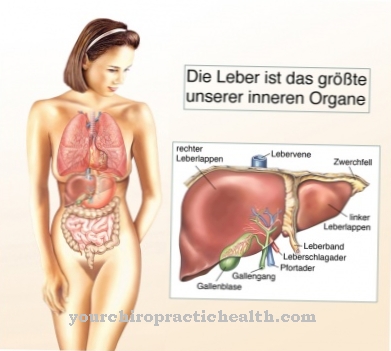



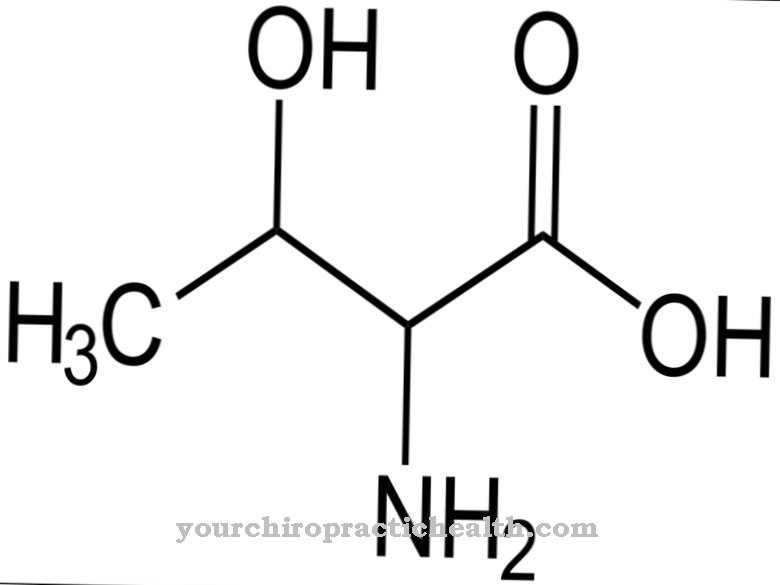
.jpg)


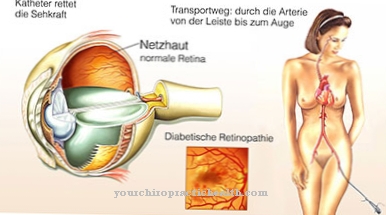
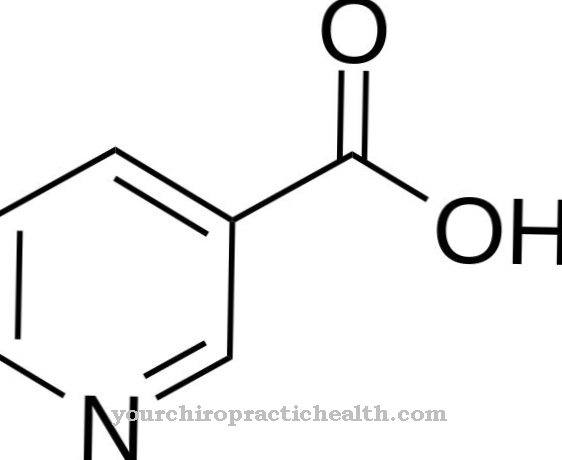


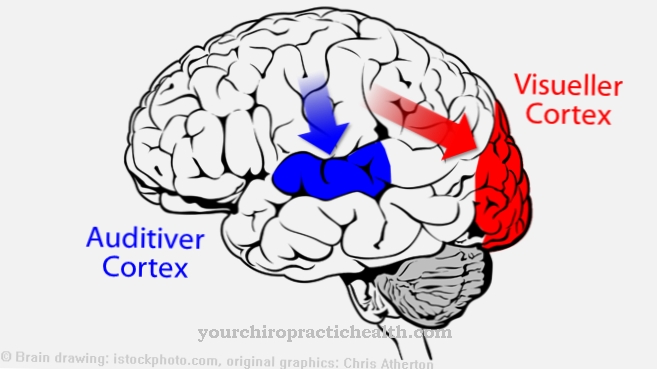
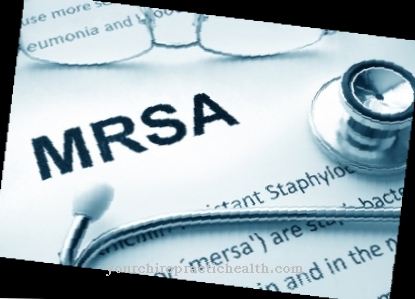

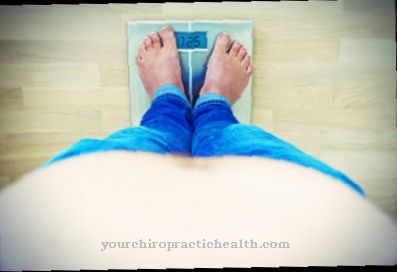
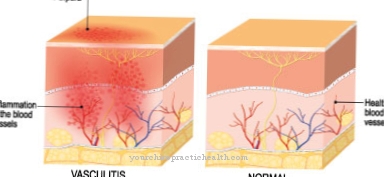

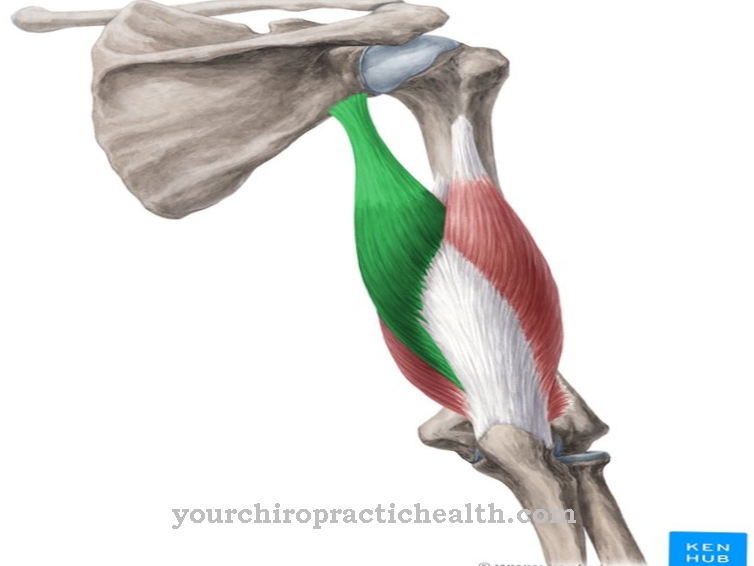
.jpg)

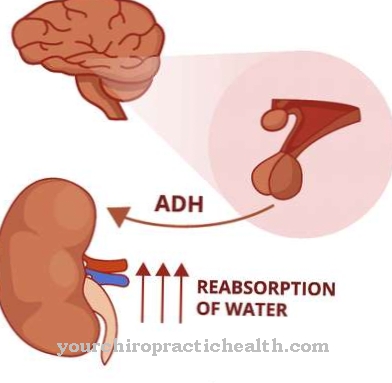

.jpg)
